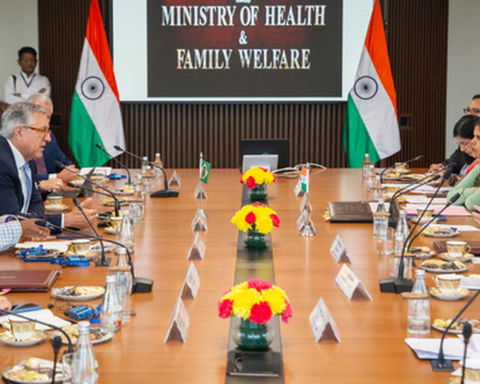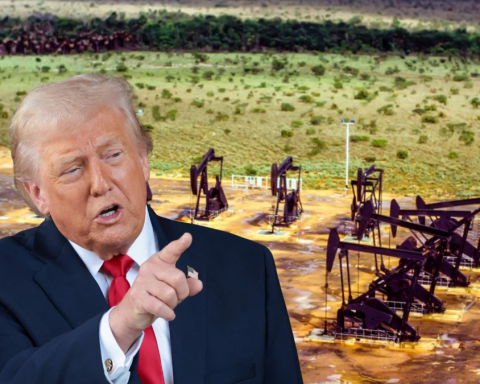On the occasion of the first day of the leaders meeting in Davos (Switzerland), the World Economic Forum (WEF) released a document one four future scenarios of globalization, scenario that is compromised after the post-pandemic era, the war in Ukraine and the reconfiguration of global value chains.
(See: Alerts grow about the end of globalization).
“Different global centers of political and socioeconomic power are being challenged to demonstrate the legitimacy, effectiveness, and efficiency of their existing institutions and systems to deal with these simultaneous epidemiological, environmental, and geopolitical crises. As a result, the global economy is undergoing a fundamental transformation”, says the WEF report.
The first scenario, called ‘Globalization 5.0: reconnection’, It implies a physical and virtual integration. “Technology platforms have increased their global reach and achieved greater convergence in technology governance and privacy regulations”, states the report.
(See: Russian invasion of Ukraine will curb globalization, BlackRock says).
The second possible scenario, ‘Analog Connections: Virtual Nationalism’, it implements physical integration at the same time as virtual fragmentation.
On the other hand, the third scenario, ‘Digital dominance, agile platforms’, it raises the reality of virtual integration and physical fragmentation.
(See: Reasons why globalization would be stronger after the pandemic).
the ultimate reality, ‘Autarkic world: fragmented system’, poses both physical and virtual fragmentation. “Cooperation is concentrated in the spheres of highest restrictive influence to preserve access to resources.”
(See: Globalization: why it is necessary to understand it to move forward).
BRIEFCASE















